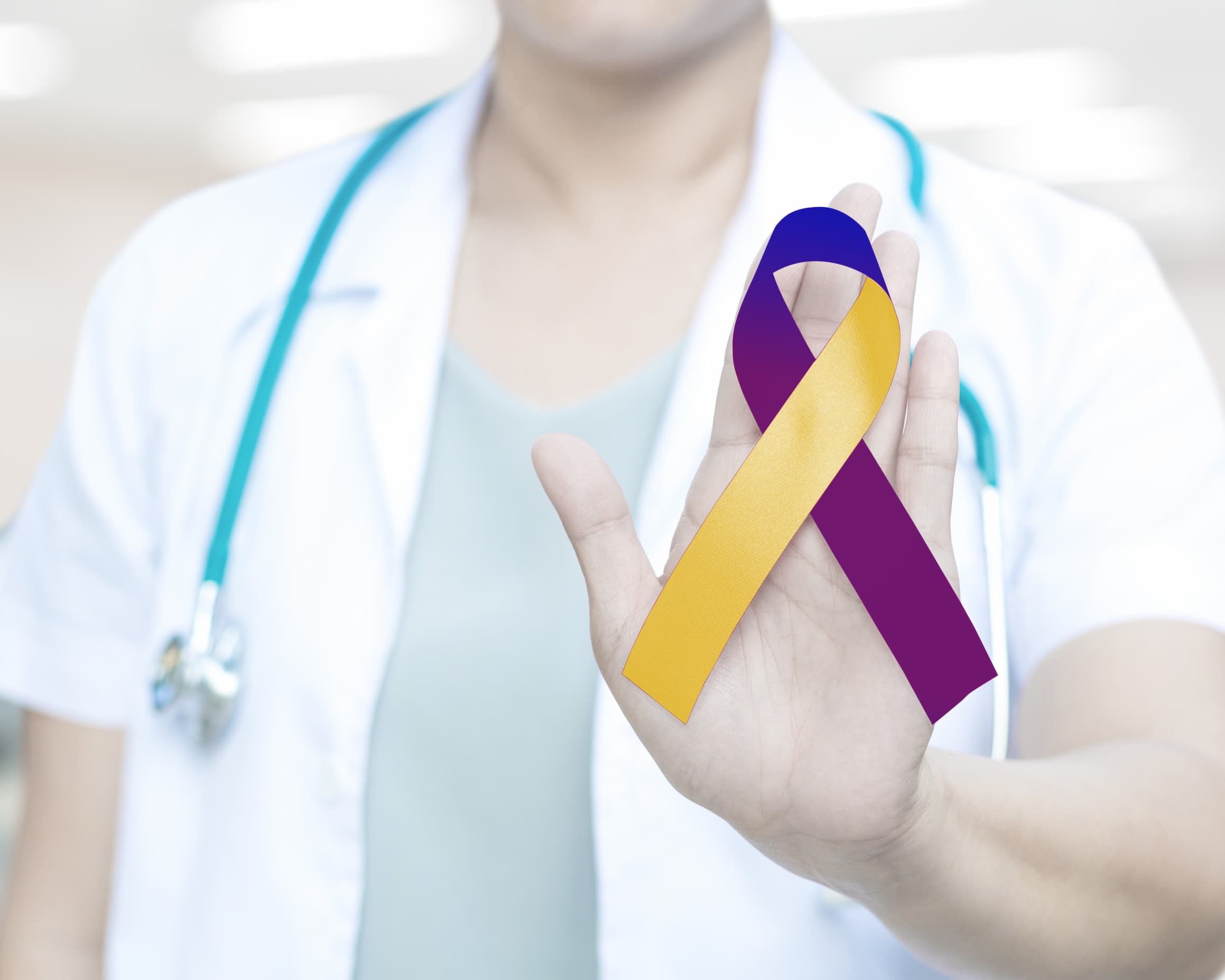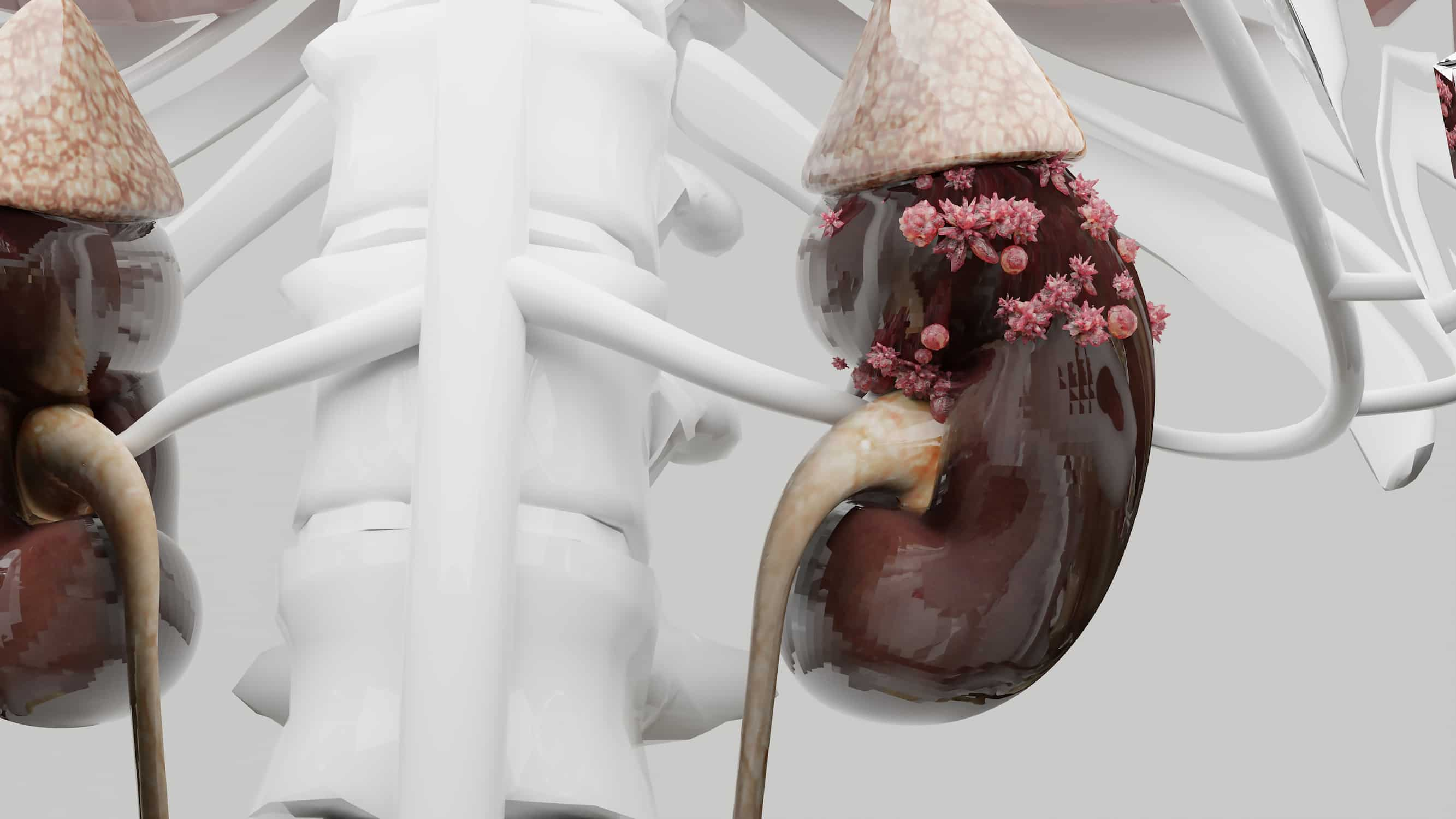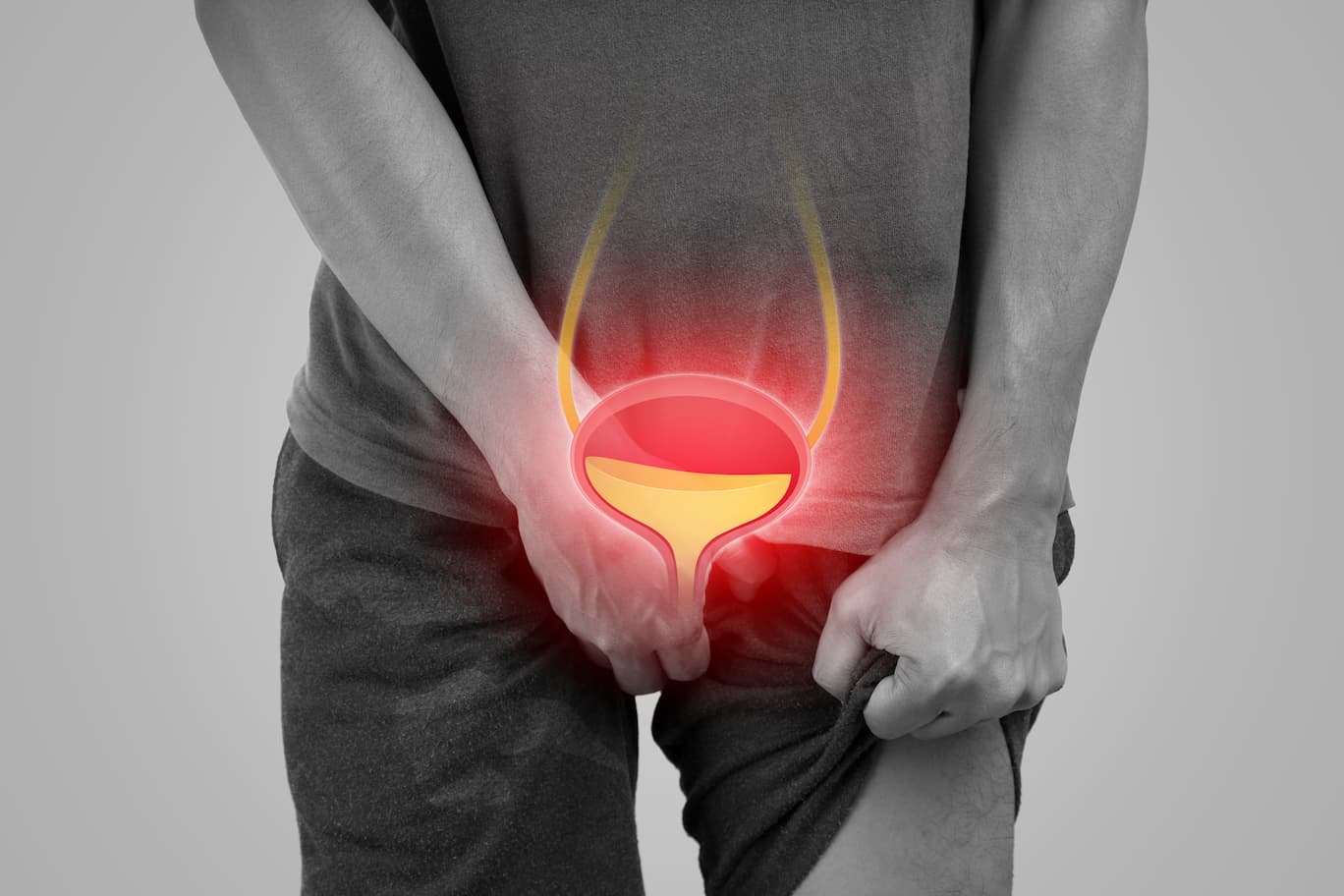
Advanced Bladder Cancer
Bladder cancer is one of the most common types of cancer, with over 80,000 new cases diagnosed in the United States every year. Although it can affect anyone, it is more common in older adults, men, and those who smoke. Bladder cancer can be divided into two main categories: non-invasive and invasive.
Non-invasive bladder cancer is limited to the surface layer of the bladder, while invasive bladder cancer has spread into the deeper layers of the bladder wall or to other parts of the body. Advanced bladder cancer refers to cancer that has spread to other parts of the body beyond the bladder.
Living with advanced bladder cancer can be a challenging experience for both patients and their loved ones. Patients may experience physical symptoms such as pain, fatigue, and loss of appetite, as well as emotional symptoms such as anxiety, depression, and uncertainty about the future.
The treatment of advanced bladder cancer can be complex and may involve a combination of chemotherapy, radiation therapy, surgery, and immunotherapy. Patients need to work closely with their healthcare team to develop a treatment plan that is personalized to their individual needs and goals.
Symptoms of Advanced Bladder Cancer
The symptoms of advanced bladder cancer can vary depending on the location and extent of the cancer. Some common symptoms include:
Blood in the urine
Painful urination
Frequent urination
Urinary incontinence
Pain in the lower back or abdomen
Loss of appetite
Weight loss
Fatigue
Swelling in the legs
Patients who experience any of these symptoms should seek medical attention right away. Early detection and treatment of advanced bladder cancer can improve outcomes and quality of life.
Treatment of Advanced Bladder Cancer
The treatment of advanced bladder cancer depends on several factors, including the location and extent of the cancer, the patient’s overall health and medical history, and the patient’s goals and preferences. Treatment options for advanced bladder cancer may include:
Chemotherapy: Chemotherapy is a treatment that uses drugs to kill cancer cells. It may be given intravenously or orally and can be used alone or in combination with other treatments. Chemotherapy may be given before or after surgery or radiation therapy to help shrink the tumor or destroy any remaining cancer cells.
Radiation therapy: Radiation therapy uses high-energy X-rays or other types of radiation to kill cancer cells. It may be used alone or in combination with other treatments. Radiation therapy may be given externally or internally, depending on the location of the cancer.
Surgery: Surgery may be used to remove the bladder or parts of the bladder, depending on the location and extent of the cancer. In some cases, surgery may also be used to remove nearby lymph nodes or other organs that may be affected by the cancer.
Immunotherapy: Immunotherapy is a type of treatment that uses the patient’s immune system to fight cancer. It may be given alone or in combination with other treatments. Immunotherapy may be used to help boost the immune system and target specific cancer cells.
Clinical trials: Clinical trials are research studies that test new treatments or procedures for cancer. Patients who participate in clinical trials may have access to new treatments that are not yet available to the general public.

How Long Can You Live with Advanced Bladder Cancer?
The life expectancy for advanced bladder cancer can vary widely depending on several factors such as the stage of the cancer, the location of the cancer, the age and overall health of the patient, and the response to treatment. It is not possible to predict an individual’s life expectancy with certainty, as each case is unique.
In general, advanced bladder cancer is considered more difficult to treat than non-invasive bladder cancer or early-stage bladder cancer. However, with advances in cancer treatment, including chemotherapy, radiation therapy, and immunotherapy, many patients with advanced bladder cancer can live for several years or more. Some patients may even achieve long-term remission or be cured of their cancer.
Patients with advanced bladder cancer need to work closely with their healthcare team to develop a personalized treatment plan that takes into account their individual needs and goals. Patients should also make lifestyle changes and seek support from family, friends, or a support group to improve their overall well-being. With early detection and appropriate treatment, the prognosis for patients with advanced bladder cancer can be improved.
The Study of Advanced Bladder Cancer
A recent study published in the Journal of Clinical Oncology examined the long-term survival outcomes of patients with advanced bladder cancer who underwent a combination of chemotherapy and immunotherapy. The study found that this treatment approach significantly improved overall survival rates compared to traditional chemotherapy alone. Patients receiving the combined therapy had a median survival of 24 months, highlighting the potential benefits of personalized treatment strategies for advanced bladder cancer.
Living with Stage 4 Bladder Cancer
Living with advanced bladder cancer can be a difficult and emotional experience. Patients may experience a wide range of physical and emotional symptoms, including pain, fatigue, anxiety, and depression. Patients need to work closely with their healthcare team to manage their symptoms and improve their quality of life.
In addition to medical treatments, there are several lifestyle changes that patients can make to improve their overall health and well-being. These may include:
Eating a healthy diet: A healthy diet can help boost the immune system and improve overall health.
Exercising regularly: Exercise can help improve energy levels, reduce fatigue, and improve mood.
Getting enough rest: Getting enough rest is important for patients with advanced bladder cancer. This may include taking short naps during the day or getting more sleep at night.
Seeking support: Patients with advanced bladder cancer may benefit from seeking support from family, friends, or a support group. Talking with others who are going through a similar experience can help patients feel less isolated and more connected.
Practicing relaxation techniques: Relaxation techniques such as deep breathing, meditation, or yoga may help reduce stress and improve overall well-being.
It is also important for patients with advanced bladder cancer to stay informed about their condition and treatment options. Patients should ask their healthcare team any questions they may have and participate in decision-making about their care.
Living with advanced bladder cancer can be a challenging experience, but with the right care and support, patients can manage their symptoms and improve their quality of life. Patients need to work closely with their healthcare team to develop a personalized treatment plan that takes into account their individual needs and goals.
Patients should also make lifestyle changes and seek support from family, friends, or a support group to improve their overall well-being. With early detection and treatment, patients with advanced bladder cancer can live fulfilling and meaningful lives.




